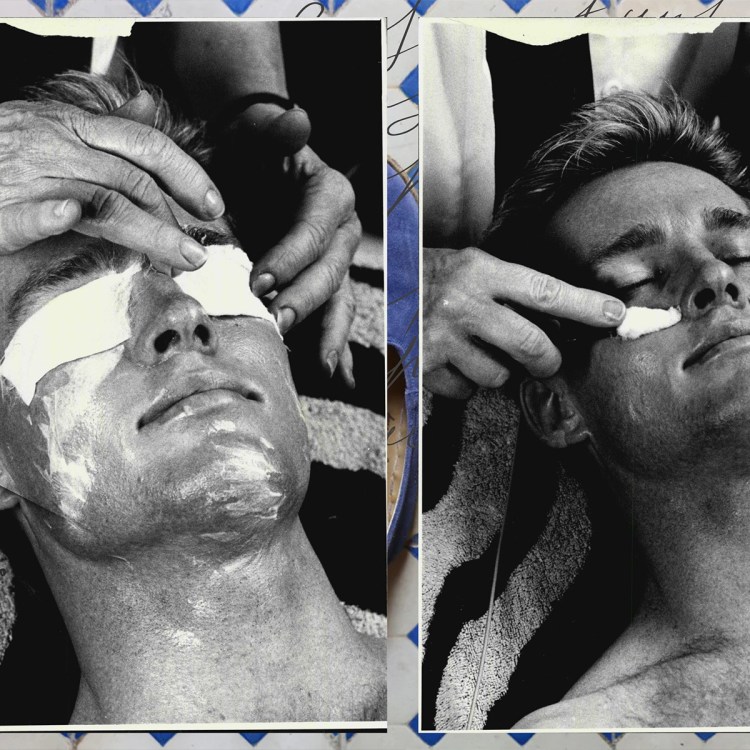In mid-October, President Trump said, “Obamacare is finished. It’s dead. It’s gone. It’s no longer — you shouldn’t even mention it.”
But the legislation, formally known as the Affordable Care Act, is in fact still alive and well. And it should be mentioned, by you and everyone else, so that uninsured Americans can get the healthcare they need.
The open enrollment period begins November 1st for 2018 healthcare plans. Unfortunately, as directed by Trump, the Centers for Medicare and Medicaid Services cut the funding for ACA advertising by 90% and patient navigators (who assist in enrollment) by 41%.
Par for the course lately, the onus has shifted from the government to the people to make sure Americans get healthcare. In service of our collective well-being, here are five things you need to know about signing up.
- Open enrollment lasts from November 1st to December 15th, which is a month and a half shorter than previous enrollment periods. Do not wait until the last minute to look through your options, like you did with your taxes.
- Healthcare.gov, the online portal for all things ACA, will shut down from 12 a.m. to 12 p.m. every Sunday (except Dec. 10) for general maintenance — which according to Snopes will bring the percentage of the website’s active time down from previous years despite the enrollment period being shorter.
- Yes, Trump cut some federal subsidies in an attempt to dismantle the ACA. Fortunately, as Forbes points out, some insurers anticipated this move and raised the premiums of “benchmark” Silver plans. In short, people earning 100-400% of the Federal Poverty Level can potentially receive even larger federal tax credits.
- Fines are still in place for those who remain uninsured, and they are calculated when filing federal tax returns. The amount is either 2.5% of your household income or a flat fee per person ($695 per adult in 2017), whichever is higher. That means, for most people, it’s in your best health and financial interest to seek out an insurance plan.
- The ACA allows people who experience some major life events — marriage, having children, job loss (and subsequent healthcare loss) — to sign up for plans outside of the open enrollment period. So this six-week period isn’t the be all end all.
And if you receive healthcare from your employer or a public program (Medicare, Medicaid, etc.) and don’t need these tips, good for you. Pass them on to a friend who might not be so lucky.
Photo by Joe Raedle/Getty Images
The Charge will help you move better, think clearer and stay in the game longer. Subscribe to our wellness newsletter today.























